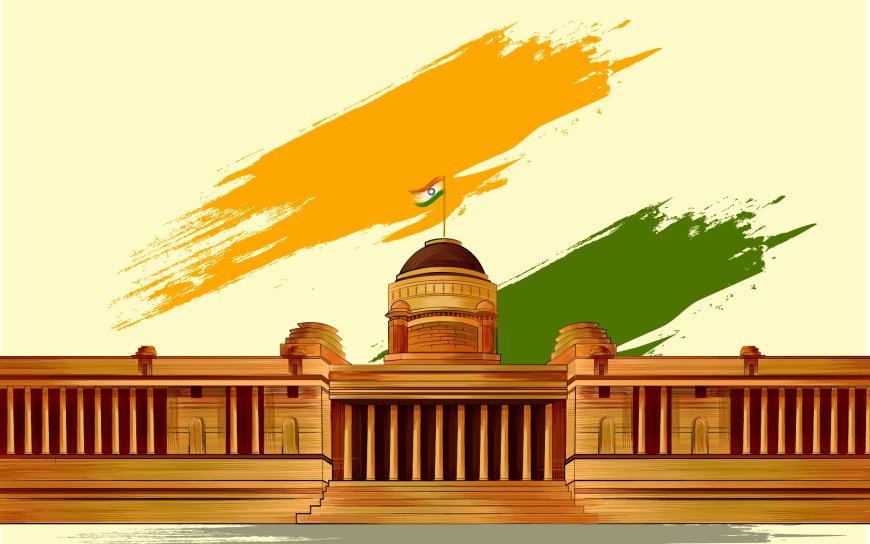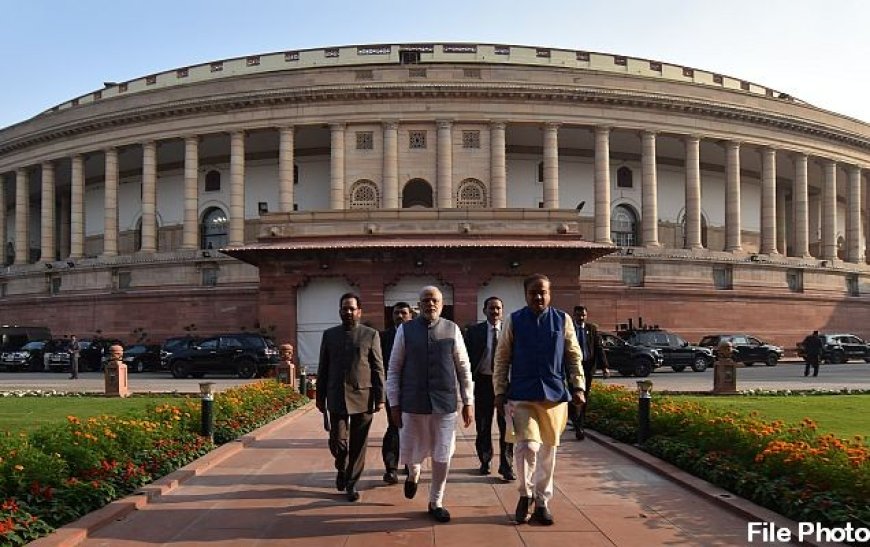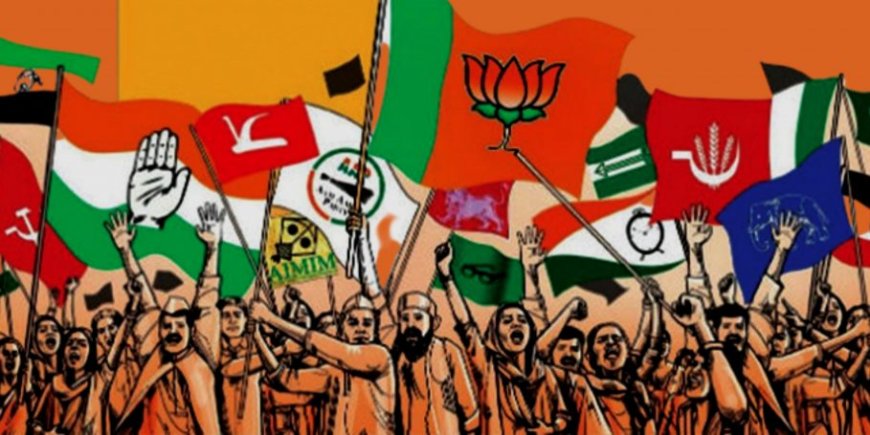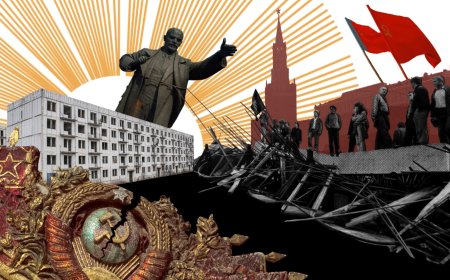The State of Indian Polity: A Call for Reflection on Freedom, Accountability, and Governance
This article examines the challenges facing Indian democracy, including the centralization of power, rising populism, attacks on freedom of speech, and the erosion of personal liberties. It calls for a reflection on how India can restore its democratic principles and ensure accountable governance.


India, the world’s largest democracy, stands at a critical juncture. While the country boasts of its democratic values and diverse society, there is an increasing concern about the erosion of its democratic fabric. The political landscape seems increasingly shaped by centralization of power, short-term populist measures, and a growing intolerance towards dissent. These issues threaten the core principles of freedom, accountability, and justice that India was founded upon.
1. Growing Centralization: A Threat to Local Autonomy

The shift towards a more centralized governance model in India has led to a decline in the autonomy of state governments and local bodies. Policies like the Goods and Services Tax (GST), while having potential benefits, have imposed a uniform structure on regions with differing economic realities. Local governance, which was meant to cater to the unique needs of specific areas, is now often sidelined, leading to a disconnect between the central government and regional priorities.
Key Issue: This centralization undermines the democratic principle of federalism and limits the capacity of state governments to address the specific needs of their regions.
2. Rise of Populism Over Policy: Short-Term Fixes Over Sustainable Solutions

In the race for votes, populist policies are frequently favored over well-thought-out, long-term solutions. Freebie culture has become a staple of political campaigns, where short-term measures like subsidies and loan waivers are used to secure votes. While these measures provide immediate relief, they rarely address underlying issues such as poverty, unemployment, and economic inequality.
Key Issue: Populism often leads to fiscal instability and dependency on government schemes, stifling growth and innovation in the long run.
3. The Erosion of Freedom of Speech and Expression

One of the cornerstones of any democratic society is the freedom of speech and expression, yet this fundamental right is under attack in India. From the misuse of sedition laws to the growing censorship of media and the intimidation of critics, the atmosphere of dissent is increasingly hostile. Journalists, activists, and intellectuals who challenge the status quo are often subjected to legal harassment, social ostracization, and even threats.
Key Issue: A democracy is weakened when its citizens are fearful of expressing their opinions. This stifles creativity, innovation, and the healthy exchange of ideas.
4. Unchecked Governmental Power: A Threat to Personal Liberties

While the government should exist to protect individual freedoms, the growing authoritarian tendencies of the Indian state threaten personal liberties. Laws framed under the guise of national security or public order often infringe on citizens' right to privacy, freedom of assembly, and freedom of expression. For instance, controversial policies like the National Register of Citizens (NRC) and Citizenship Amendment Act (CAA) have raised serious concerns about discrimination and inequality.
Key Issue: The erosion of personal freedoms jeopardizes the democratic foundations of India, where the government is supposed to protect the rights of individuals, not infringe upon them.
5. The Growing Role of Money in Politics
The increasing role of money in politics has skewed the democratic process. The cost of contesting elections has skyrocketed, and political parties are often funded by corporate donations, which raises concerns about corruption and crony capitalism. The wealth gap between political elites and ordinary citizens continues to widen, resulting in policies that often favor the rich while neglecting the needs of the common man.
Key Issue: When the political system is influenced by money, the interests of the wealthy overshadow the concerns of the broader population, undermining the principle of equal representation.
Conclusion: The Need for Fundamental Change
India’s political system is in dire need of a transformation that re-centers individual freedoms, accountability, and sustainable governance. The growing centralization of power, authoritarian tendencies, and an emphasis on populism have threatened the very essence of the country’s democracy. For India to remain a beacon of freedom and justice, it is crucial that the government is accountable to the people and protects the rights of its citizens.
In conclusion, the future of Indian democracy depends on empowering individuals, restoring civil liberties, and reforming governance. Until this happens, India risks drifting further away from the values that form the foundation of its great democratic tradition.
What's Your Reaction?



















































